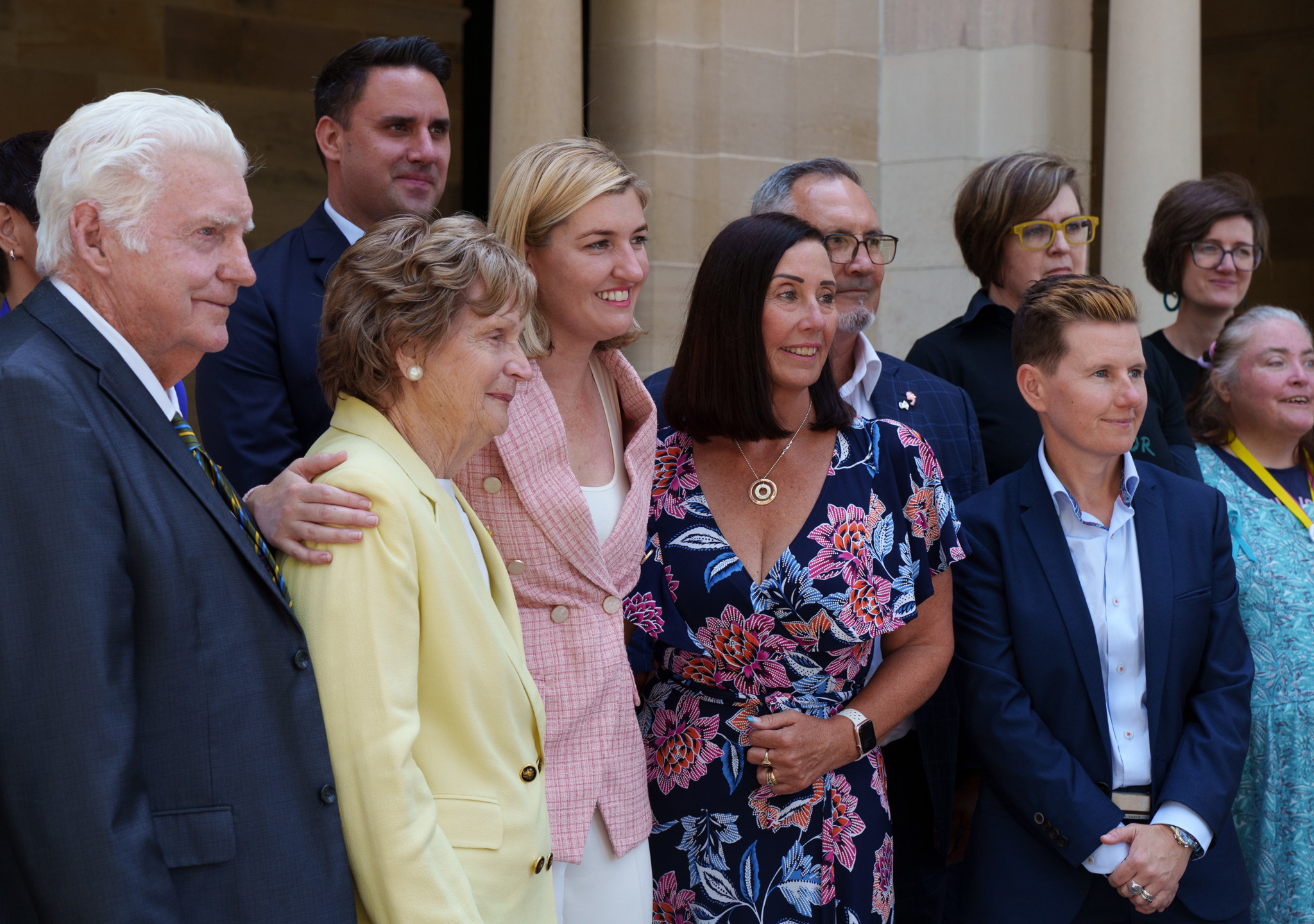Coercive Control is Now a Crime
Coercive Control is Now a Crime

Coercive Control is Now a Crime – This Law Will Save Lives
From 26 May, coercive control is officially a crime in Queensland. It’s one of the most significant reforms we’ve seen in the fight against domestic and family violence.
For too long, our legal system failed to recognise the warning signs that so many victim-survivors and their families could see clearly. The truth is, coercive control has always existed. First we found the language to describe it. Now, we finally have the laws to stop it.
Coercive control isn’t always loud. It doesn’t always leave bruises. But it’s devastating. It’s a pattern of behaviour designed to dominate, isolate, frighten or humiliate someone, often over months or years. It can look like cutting someone off from friends and family, tracking their phone, controlling their bank account, or slowly eroding their confidence with constant verbal abuse.
These are the red flags that so often precede physical violence. With this reform, Queensland has taken the vital step of making coercive control a criminal offence. It carries a maximum penalty of up to 14 years in prison and applies to intimate partners, family members and unpaid carers. The law now gives our justice system the tools to intervene earlier—and to hold perpetrators to account.
This change came from the brave voices of victim-survivors, from families who turned their unimaginable grief into advocacy, and from frontline workers who’ve seen the impact of coercive control every day. Their stories were shared with the Women’s Safety and Justice Taskforce that I introduced when I was Attorney-General. Protecting women from violence has always been a priority for me, so I was really pleased to see the laws now come in to effect.
We owe a special thanks to organisations like Small Steps 4 Hannah, founded in memory of Hannah Clarke and her three children. As they said: “Hannah didn’t know she was in an abusive relationship, because she wasn’t being physically harmed. If knowing about coercive control could save someone’s life, we’d be willing to share our story a thousand times over.”
Closer to home, the Centre for Women & Co in Logan continues to support women in crisis and recovery. They offer counselling, safety planning, and the reassurance that no one has to face this alone.
If you or someone you know is experiencing domestic or family violence, support is available.
Logan support: Centre for Women & Co – (07) 3050 3060 or www.centreforwomen.org.au
Statewide, 24/7: DVConnect – 1800 811 811 or www.dvconnect.org
In an emergency, always call 000.
By Shannon Fentiman
26 May 2025

